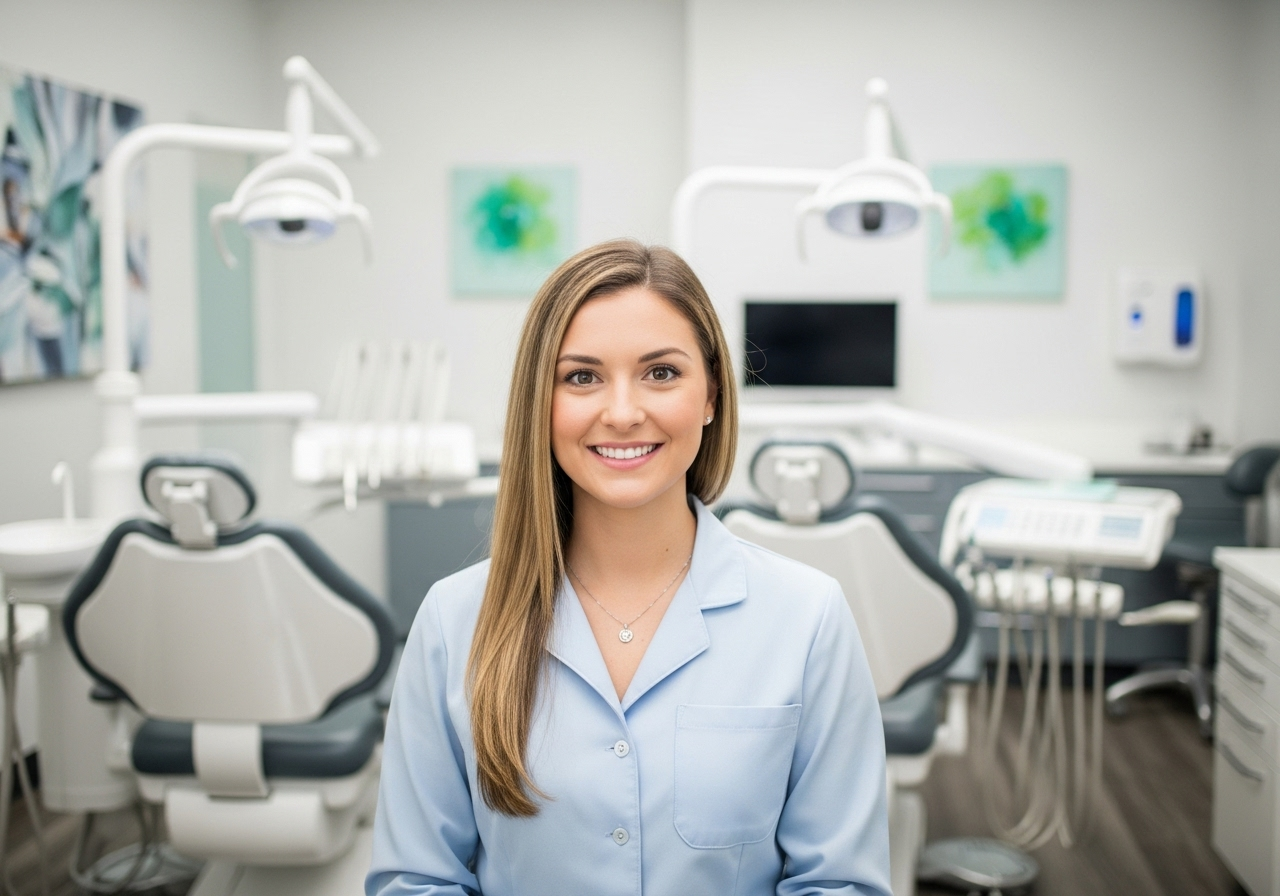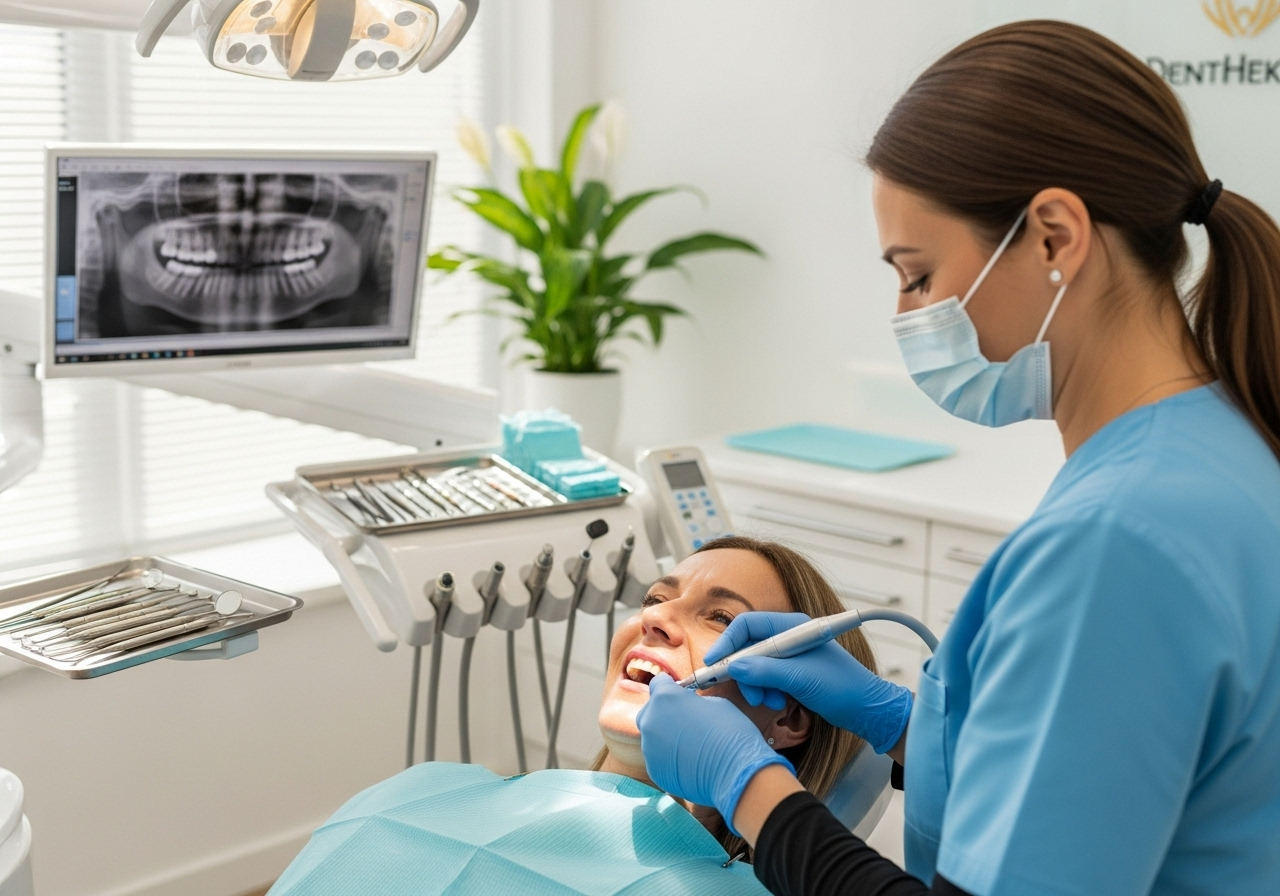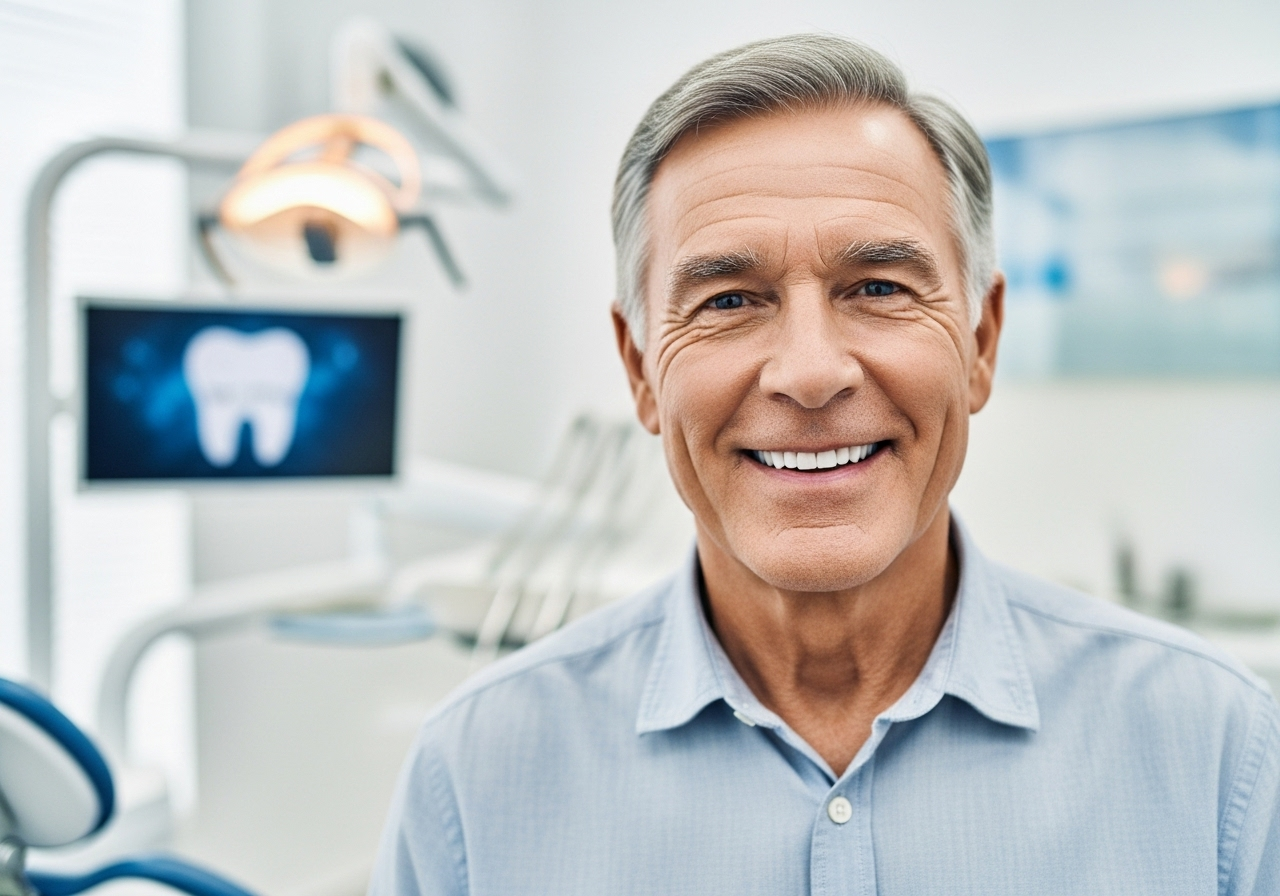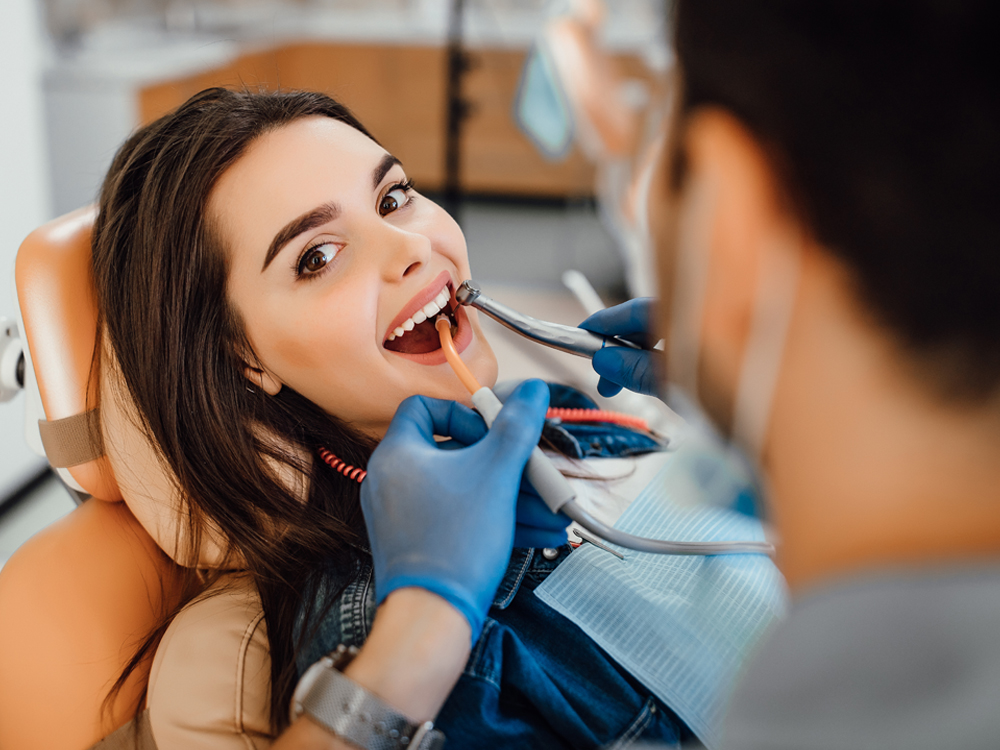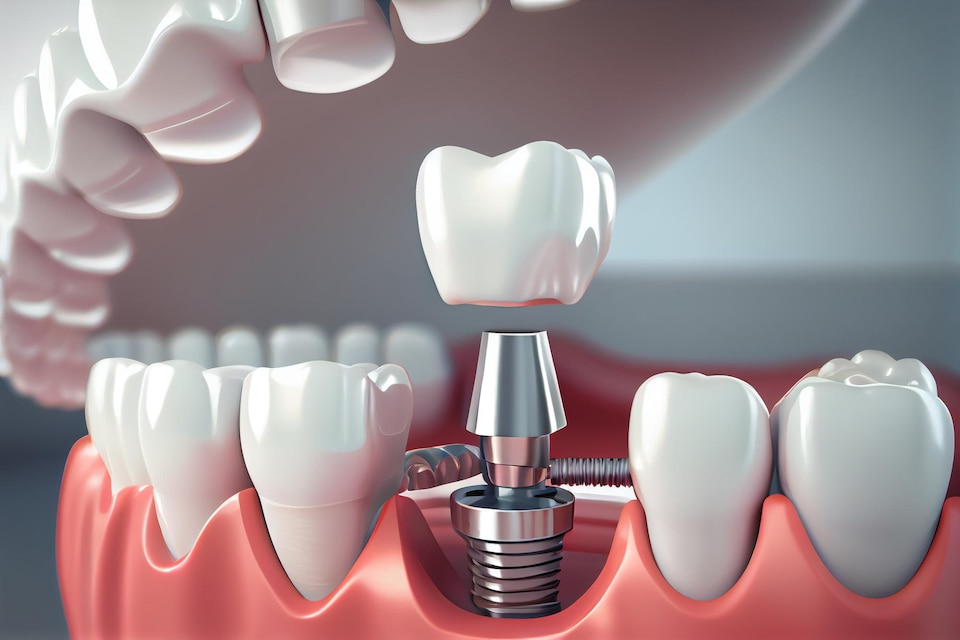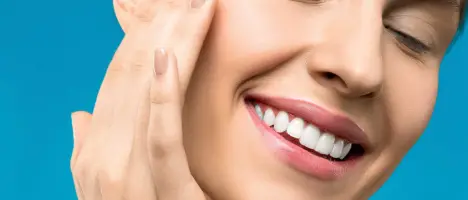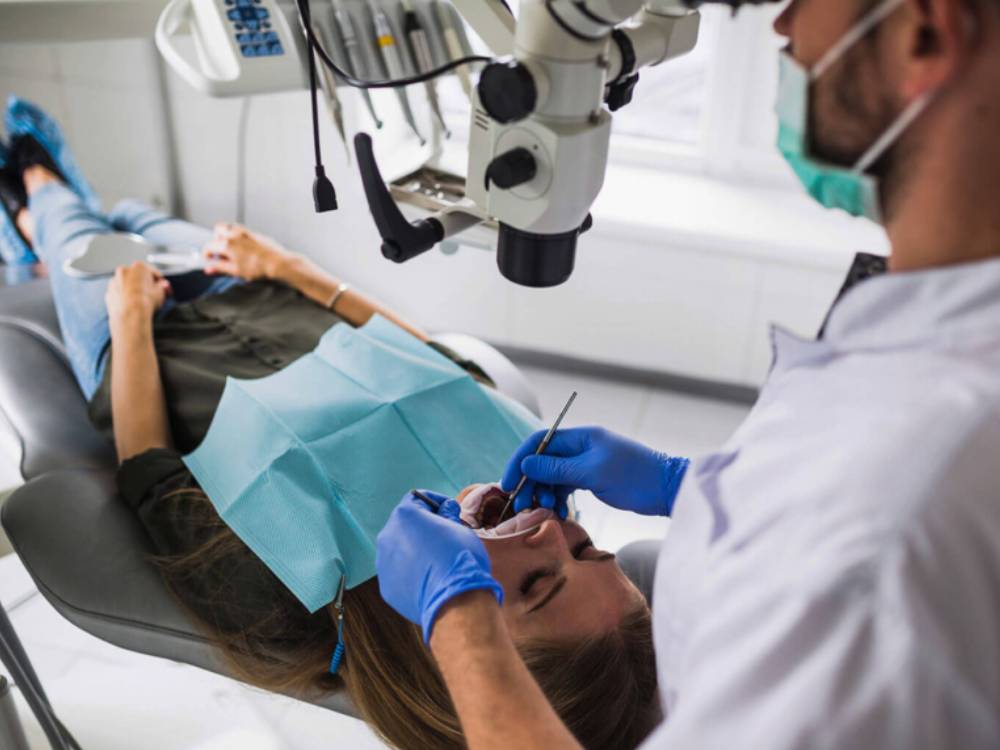Medical Tourism in Turkey: Affordable Care Guide for Patients

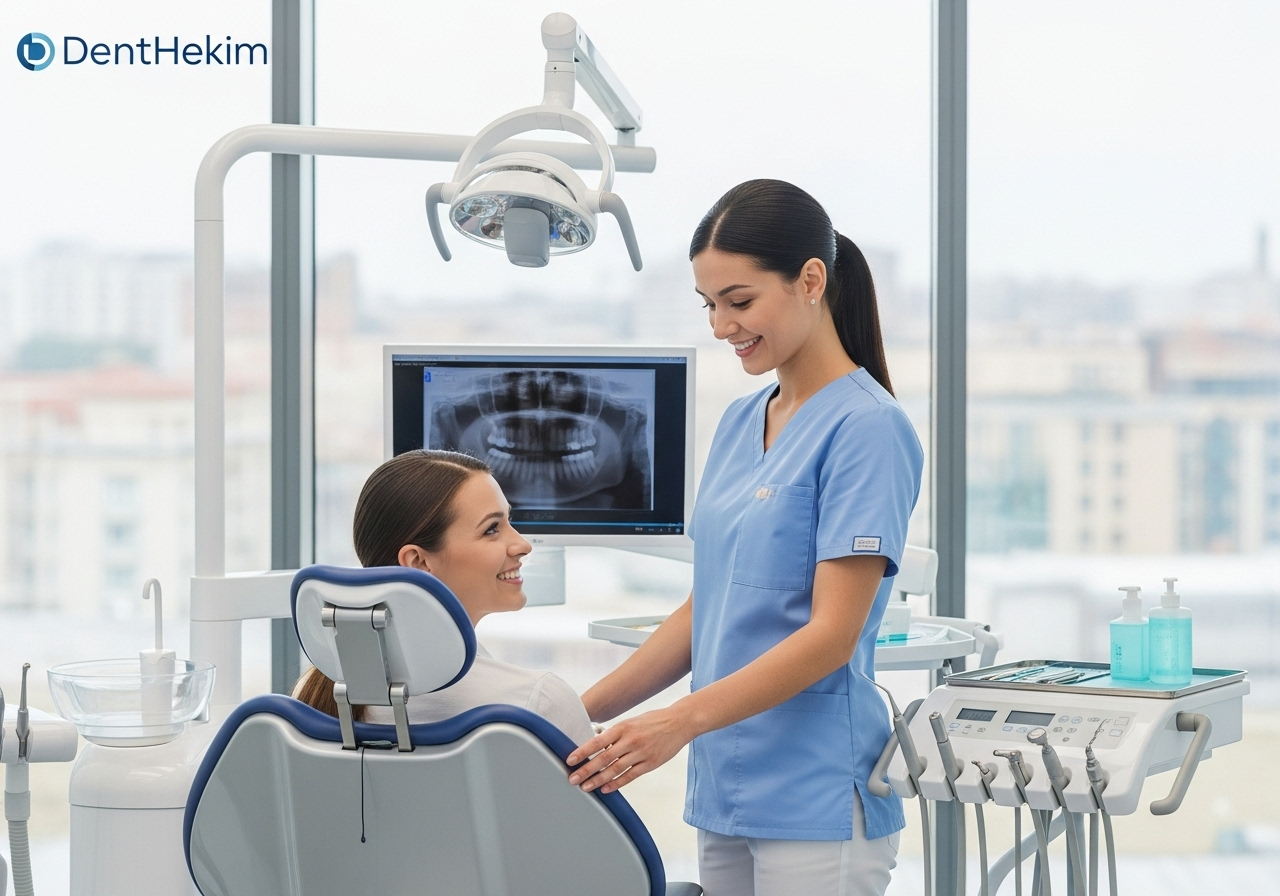
Estimated reading time: 12 minutes
Key Takeaways
- Turkey offers world-class medical services at 50–70% lower costs than Western countries.
- All-inclusive packages cover consultations, procedures, transfers, and accommodation for stress-free care.
- A medical tourism agency ensures vetted clinics, personalized plans, and multilingual support.
- Popular treatments include dental implants, hair transplants (FUE & DHI), cosmetic surgery, and combined packages.
- Remote follow-ups and clear aftercare protocols minimize risks and enhance recovery globally.
Table of Contents
- Introduction
- Medical Tourism in Turkey: An Overview
- Why Use a Medical Tourism Agency in Turkey
- All-Inclusive Medical Packages
- Cosmetic Surgery and Dentistry Services
- Dental and Hair Transplant Packages
- Patient Journey for International Clients
- Risks, Contraindications, and Alternatives
- Recovery & Aftercare
- Cost Factors and What's Included
- FAQ
- Conclusion
Introduction
Medical tourism involves traveling abroad for healthcare, and medical tourism in Turkey has emerged as a leading choice for millions of patients seeking quality care at reduced costs. The country’s rapid growth in international patient arrivals is fueled by modern hospitals, internationally trained specialists, and clear value compared to many Western destinations, particularly for dental care where materials and laboratory quality now rival top clinics globally. From first remote consultations to bundled travel and care through all-inclusive medical packages, Turkey offers a streamlined path for patients who want predictable planning, transparent information, and attentive aftercare.
While outcomes are never guaranteed, the ecosystem is designed to minimize stress, maintain high clinical standards, and make complex treatments—like full-mouth restorations or hair transplants—more accessible to overseas visitors.
Medical Tourism in Turkey: An Overview
Medical tourism in Turkey refers to the practice of traveling internationally to receive medical treatment, from routine dental work to complex surgeries, and it has grown into a robust, government-supported sector. In 2024, Turkey welcomed over 2 million medical tourists and generated approximately $6 billion in revenue, with growth supported by incentives such as tax breaks for healthcare investments, funding for modern campuses, and streamlined systems for international patient services. The country’s infrastructure also plays a role: major international airports, hotel capacity across budgets, and integrated health campuses make care and logistics efficient. Patients choose Turkey for its world-class facilities, consistent quality controls, multilingual teams, and a service culture built around international expectations. (source, source)
Beyond the macro picture, the clinical environment is a major draw. Istanbul alone features 60+ JCI-accredited hospitals, advanced imaging centers, and specialty clinics staffed by doctors with training and fellowships in Europe or the US. Costs are frequently 50–70% lower than in the US or Western Europe, for example hair transplants priced roughly $2,500–$4,000 in Turkey versus $15,000 in the US, or full-mouth dental reconstruction around $4,000–$6,000 compared with approximately $20,000 in London, while maintaining strict safety protocols. Popular treatments include FUE and DHI hair transplants, rhinoplasty, liposuction, breast surgery, dental implants, IVF, and orthopedic procedures, with most patients arriving from Europe, the Middle East, North Africa, and North America. (source, source)
Why Use a Medical Tourism Agency in Turkey
A medical tourism agency in Turkey acts as a specialist intermediary that coordinates care across the entire trip, reducing pressure on patients and their families. The right agency arranges virtual consultations, confirms procedure dates, and bundles flights, airport transfers, and hotel stays so you can focus on your health rather than logistics. Agencies also vet clinics and surgeons, verifying accreditations like JCI or ISO, confirming board certifications, and reviewing outcomes data where available. This extends to complete support with visa letters, medical consent forms, translation and interpretation, and post-op paperwork for insurance or employers. Many agencies offer 24/7 multilingual assistance with on-the-ground representatives and emergency contacts, and they provide transparent, personalized plans with clear inclusions and exclusions so you can budget with confidence before you travel. (source, source)
All-Inclusive Medical Packages for Hassle-Free Care
All-inclusive medical packages are bundled offerings that cover every key element of the patient journey in one predictable plan. For dental and combined treatment travelers, these packages typically include pre-operative consultations, doctor and hospital fees, anesthesia, pre-op tests, the procedure itself, inpatient or day-clinic care as indicated, and structured post-op visits. Most also include airport pickups, private transfers to the clinic and hotel, hospital discharge transportation, and hotel accommodation for the anticipated stay, with options to add an extra night if needed. A fixed pricing model simplifies budgeting and reduces the risk of unexpected add-ons, while customizable extras—such as VIP transfers, upgraded rooms, companion services, or specialized diets—allow the itinerary to match your goals. Streamlined booking portals, flexible financing, and clear cancellation policies round out the experience. (source, source)
Cosmetic Surgery and Dentistry Services in Turkey
Turkey has established dual strengths in cosmetic surgery and dentistry, making it a practical destination for patients who want to combine a smile makeover with aesthetic enhancements. Leading cosmetic procedures include rhinoplasty, liposuction, breast augmentation, body contouring, facelift, and eyelid surgery, while advanced dental services cover implants, veneers, crowns, bridges, full-mouth restorations (sometimes dubbed “Turkey Teeth”), and digital smile design. Clinics increasingly use CAD/CAM milling, 3D imaging, intraoral scanners, surgical guides, and minimally invasive laser techniques for precise planning and predictable outcomes. (source)
Facilities commonly hold JCI or ISO accreditation alongside Turkish Health Ministry licensing, and many surgeons and dentists maintain international memberships and attend global conferences to stay current. As always, the best clinics present treatment plans clearly and set realistic expectations. (source, source, source, source)
Dental and Hair Transplant Packages in Turkey
Dental and hair transplant packages in Turkey bring together integrated care plans that combine dental implants or smile makeovers with FUE or DHI hair transplantation, streamlining assessments, scheduling, and aftercare. Bundling multiple procedures within one itinerary can reduce overall costs compared with completing them separately in the US or Western Europe, with some packages priced up to 70% less according to sector reports. A typical timeline may include initial consultations and pre-op tests in the first 48 hours, implant placement with immediate-loading options where clinically appropriate, followed by hair transplantation later in the week to allow for safe sequencing and effective recovery. The bundle usually includes medications, dressings, postoperative checkups, and step-by-step homecare guidance delivered in your language for a smooth return home. (source, source, source)
Beyond the logistics, patient support is a core focus of these combined plans. Many clinics offer remote telehealth check-ins to monitor graft survival and implant healing, share staged photo reviews at set intervals, and liaise with local providers if you need in-person assistance after travel. Patient testimonials and before-and-after galleries commonly highlight natural hairlines, harmonious smile aesthetics, and improved well-being, though experiences vary and no reputable clinic will promise a specific result. Satisfaction rates published by clinics often exceed 90% in internal surveys; when evaluating such claims, ask how data were collected, over what timeframe, and whether revisions are included. The most trustworthy teams are candid about risks, timelines, and what they will do if complications occur. (source, source)
Patient Journey for International Clients
Your journey typically begins with a virtual consultation, where you share medical history, dental x-rays or scans if available, and photos or videos to help your clinical team plan. The clinic or agency then proposes a provisional treatment plan and itinerary, including the number of days required on the ground, anticipated follow-up visits, and realistic outcomes. If you need a visa, your coordinator can issue formal invitation letters and help you compile the necessary documents. You will also receive a packing checklist that covers any prescribed pre-op medications, compression garments for cosmetic procedures, or mouthwash and hygiene aids for dental work. (source)
Flight selection aims to align with your pre-op testing window, giving you time to rest after arrival and adjust to local time before your procedure.
On arrival, your driver meets you at the airport and takes you to your hotel or directly to the clinic for your scheduled evaluations. Day one often includes in-person consultations, updated imaging or bloodwork, and final consent review, followed by procedure day(s) and structured rest periods. Throughout your stay, coordinators manage transfers and translation, and your care team tracks post-op milestones such as implant stability checks, suture inspections, or hair-wash tutorials after transplantation. Before departure, you receive a complete medical file, imaging, and written aftercare instructions with emergency contacts. Back home, remote follow-ups continue at pre-arranged intervals—often one week, one month, three months, and six months—so the clinical team can verify healing, fine-tune hygiene routines, and answer questions without requiring an immediate return trip.
Risks, Contraindications, and Alternatives
Every medical or dental procedure carries risk, and traveling adds logistical considerations that must be managed thoughtfully. Potential risks include infection, bleeding, adverse reactions to anesthesia, implant failure, graft shedding beyond the normal shock-loss window, scarring, asymmetry, or outcomes that differ from expectations; smokers, poorly controlled diabetics, or those with clotting disorders face higher complication rates. Some patients may be advised to delay treatment until oral health is stabilized, systemic conditions are well-managed, or medication regimens are adjusted in coordination with their physician. Alternatives can include staged treatments, non-surgical aesthetic options, aligner therapy before restorative work, or medical hair therapy prior to transplantation. Reputable teams will outline benefits and limits of each option, discuss revision pathways if needed, and ensure you have time to make an informed decision.
Recovery & Aftercare (including remote follow-up)
Recovery protocols are tailored to your procedures, with clear guidance about timelines and restrictions. After dental implant placement, you can expect soft-tissue healing within weeks, with osseointegration monitored over several months before final crowns in two-stage plans; for immediate-load cases, soft diets and meticulous hygiene are essential. Hair transplant aftercare usually includes gentle washing techniques starting a few days post-op, avoidance of sun exposure and strenuous activity for a defined period, and expectations that transplanted hairs may shed before regrowth begins around month three. Pain is typically manageable with prescribed medications, and swelling peaks within the first few days. Remote follow-up via telemedicine, photo check-ins, and questionnaire-based assessments helps your team track progress, adjust routines, and coordinate any local care if concerns arise, minimizing the need for unplanned travel. (source)
Cost Factors and What's Included (no exact prices)
Final costs vary based on surgeon experience, facility accreditation, city and season, complexity of your case, implant brands or prosthetic materials, number of hair grafts, need for bone grafting or sinus lifts, anesthesia type, and length of stay. Many clinics favor package models that include consultations, procedure fees, anesthesia, pre-op tests, necessary medications, post-op visits, airport transfers, hotel nights, and a dedicated coordinator, with optional upgrades available. While published ranges can help with budgeting—often quoted in EUR or USD to simplify currency planning—your personalized quote should itemize inclusions and exclusions, outline refund conditions, and state what happens if clinical decisions change on arrival. Ask whether revisions, touch-ups, or emergency support are covered, and whether financing, travel insurance, or medical complication coverage is available through partner providers.
FAQ
Is Turkey safe for medical tourists, and how do clinics ensure quality?
Turkey has a mature medical tourism ecosystem with many hospitals and clinics adhering to international standards, but quality varies and due diligence is essential. Look for facilities holding Joint Commission International (JCI) or ISO certifications and verify Turkish Health Ministry licensing; reputable clinics display accreditation credentials publicly and will share surgeon CVs, fellowship training, and case volumes on request. Assess transparency: does the clinic provide realistic timelines, complication rates, and revision policies, and are consent documents available in your language? Consider working with an established agency for added vetting and 24/7 support. Finally, choose providers that prioritize pre-travel screening, set clear aftercare expectations, and maintain robust remote follow-up so you remain supported after you return home.
How long should I plan to stay in Turkey for dental implants or a combined dental-and-hair itinerary?
Timelines depend on your case. Many patients complete initial implant placement within three to five days on the ground, including in-person consults, imaging, surgery, and short-term reviews, then return after several months for final crowns if a two-stage approach is advised. Immediate-load options may shorten the number of trips in select cases when stability permits, but not everyone is a candidate. For a combined dental and hair transplant sequence, plan about seven to nine days to allow pre-op testing, implant surgery with a day of rest, and FUE or DHI transplantation plus early aftercare education. Build in buffer time for recovery, avoid strenuous sightseeing immediately after procedures, and confirm your clinic’s minimum-stay advice based on your personalized treatment plan.
What paperwork and visa documentation will I need, and how do I prepare my medical records?
Requirements vary by nationality, but many travelers can obtain an e-visa online or enter visa-free for short stays; your agency or clinic can issue invitation letters and confirm the appropriate documentation. Bring a valid passport with sufficient validity, proof of accommodation, and travel insurance details, and keep digital copies of all reservations. From the medical side, provide recent dental panoramic x-rays or CBCT scans if available, a summary of your medical history, medication list, allergy information, prior surgical reports, and relevant lab results. If you take anticoagulants or manage chronic conditions, coordinate with your physician to obtain clearance. Translate essential documents into English or Turkish when possible, and share everything with your clinical team before travel so they can finalize a safe, efficient plan.
Can I combine tourism with recovery, and what activities are safe after my procedures?
Light sightseeing is often possible once your surgeon or dentist confirms you are stable, but the early recovery period should prioritize rest and hygiene. For dental work, avoid very hot, spicy, or hard foods, maintain meticulous cleaning with the recommended mouthwash and brushes, and follow instructions on any temporary restorations. After hair transplantation, protect the scalp from sun and avoid hats unless approved, adhere to the clinic’s washing protocol, and skip activities that cause sweating, pressure, or risk of contamination. Walking at an easy pace is generally fine; avoid strenuous exercise, swimming, steam rooms, and heavy lifting until cleared. If you plan to travel within Turkey, keep transfers short in the first days and ensure you have access to your clinic for scheduled checkups.
What happens if I experience a complication after returning home?
Complications are uncommon when protocols are followed, but reputable providers plan for contingencies. Before you travel, ask for a written policy detailing how remote triage works, what documentation you should send, and whether the clinic can coordinate with a trusted local provider if an in-person assessment is required. Some packages include limited revision coverage or discounted rates for corrective procedures, while others may offer to arrange a return visit under specified conditions; always confirm what is covered and what is not. It is also wise to purchase travel insurance that includes medical complication coverage to protect against unplanned expenses. Keep all records, medications, and emergency contacts handy, and follow the clinic’s instructions for photo updates and telehealth check-ins to support prompt, evidence-based decisions.
Conclusion
Turkey’s appeal for international patients rests on a practical combination of world-class clinical standards, meaningful cost savings, and a travel ecosystem designed to make complex care feel manageable. From modern dental implant protocols and digital smile design to refined hair transplantation techniques, patients benefit from clear planning, integrated logistics, and attentive aftercare that continues once you return home. Whether you prefer to handle arrangements yourself or work through a trusted medical tourism agency in Turkey, you can expect transparent communication, personalized itineraries, and realistic timelines that respect your health and schedule. If you are evaluating options for your smile or combined treatments this year, speak with experienced coordinators, compare accredited clinics, and book your appointment today to explore a tailored, all-inclusive plan that matches your goals.
